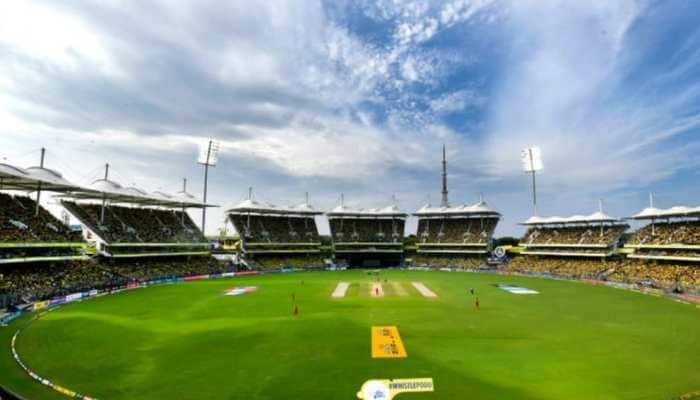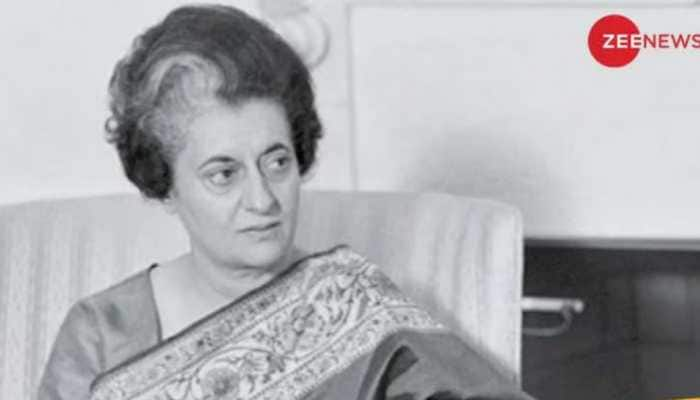Kishtwar – An example of interfaith harmony and religious tolerance
Kishtwar has had a long history of inter-community harmony and shared religious spaces.
Trending Photos
)
Zee Media Bureau/Ritesh K Srivastava
Srinagar: Kishtwar - a remote town in Jammu and Kashmir – that has been in the news over recent communal disturbances, has had a long history of inter-community harmony and shared religious spaces.
At a time when the J&K government is preparing its report on the August 9 communal violence, which forced the Hindus living there to migrate to safer areas, the glorious past of this now curfew-clamped town can itself provide answers to questions if Hindus and Muslims can still live amicably despite religious differences in future.
Till 1947, the town was known for its near idyllic inter-community relations much due to the conscious collective efforts taken by the elders of both the communities to maintain the mutual trust that existed between them.
The armed conflict between pro-Pakistan and pro-azadi Muslim militants and Indian forces led to the massacre of thousands across both sides of the border. After that, elderly residents of the town constituted several joint Hindu-Muslim patrolling teams to prevent rioters from entering.
Hazrat Shah Farid-ud-Din Baghdadi – the patron saint of Kishtwar - is equally revered by the Muslims and Hindus here. Local narratives about the Sufi saint, who spread Islam in the region, have a special mention for his Hindu Rajput wife. His son Hazrat Shah Asrar-ud-Din Baghdadi, who is said to have miraculously revived his Hindu friend after his death, holds the same respect as his parents.
The political situation in this backward district, which largely remained peaceful since 1947, changed drastically in the early 1990s due to rise of militancy. The vastness of the district, highly inaccessible mountainous terrains and dense forests provided a safe haven to militants.
The separatist movement also gained from the demography of the district and soon managed to earn the sympathy of ethnic Kashmiri Muslim population here.
Militancy and Centre`s response to it and the separatist politics slowly divided the two communities.
The Muslims soon found themselves stuck between the militants and the security forces. While they were forced to aid militants, provide them food, shelter and cover, they were also grilled by the security forces for helping them.
The violence and killings during this period created the first seeds of mistrust between the communities, though intercommunity relations were not as much affected even at that time.
The situation, however, turned worse after the selective killing of Hindus by militants and the creation of Village Defence Committees (VDCs) that changed the attitude of people towards each other.
The first such selective killing took place in 1993, when 17 Hindus were identified and killed in Sarthal near Kishtwar. The spate of selective killings continued in the erstwhile district of Doda, including in Kishtwar, especially in the period between 1996 and 2001.
The concept of self-defence by forming VDCs and arming the villagers was initiated as most of the communal killings were taking place in remote areas that could not be covered by the army. However, the VDCs were also selective in their composition. Most of the VDCs were formed in majority Hindu areas.
The state government`s application of the Disturbed Areas Act combined with the formation of VDCs further polarised the responses of the Hindus and Muslims. While the Hindus, being targeted by the militants, felt relived in the idea of VDCs, the Muslims saw the arming of one community as a potential danger to themselves.
Despite the selective killing of Hindus, which was aimed at provoking a communal backlash in the multi-religious town of Kishtwar, the region withstood the test and maintained its tradition of communal amity. Even though militancy has declined, political actors continue to play with communal sensitivities of people here.
In such a volatile political situation, it is the utmost responsibility of the state as well as the central governments, and also the political leadership to take corrective measure to ensure peace and intercommunity faith between people here.
Stay informed on all the latest news, real-time breaking news updates, and follow all the important headlines in india news and world News on Zee News.
Advertisement
Live Tv
Advertisement







)
)
)
)
)
)
)
)
)
)
